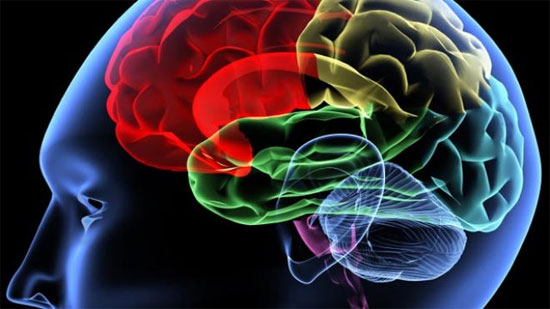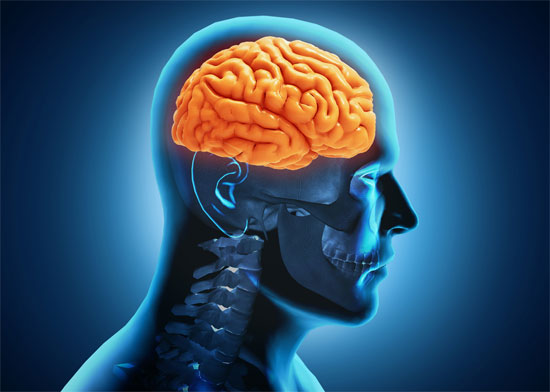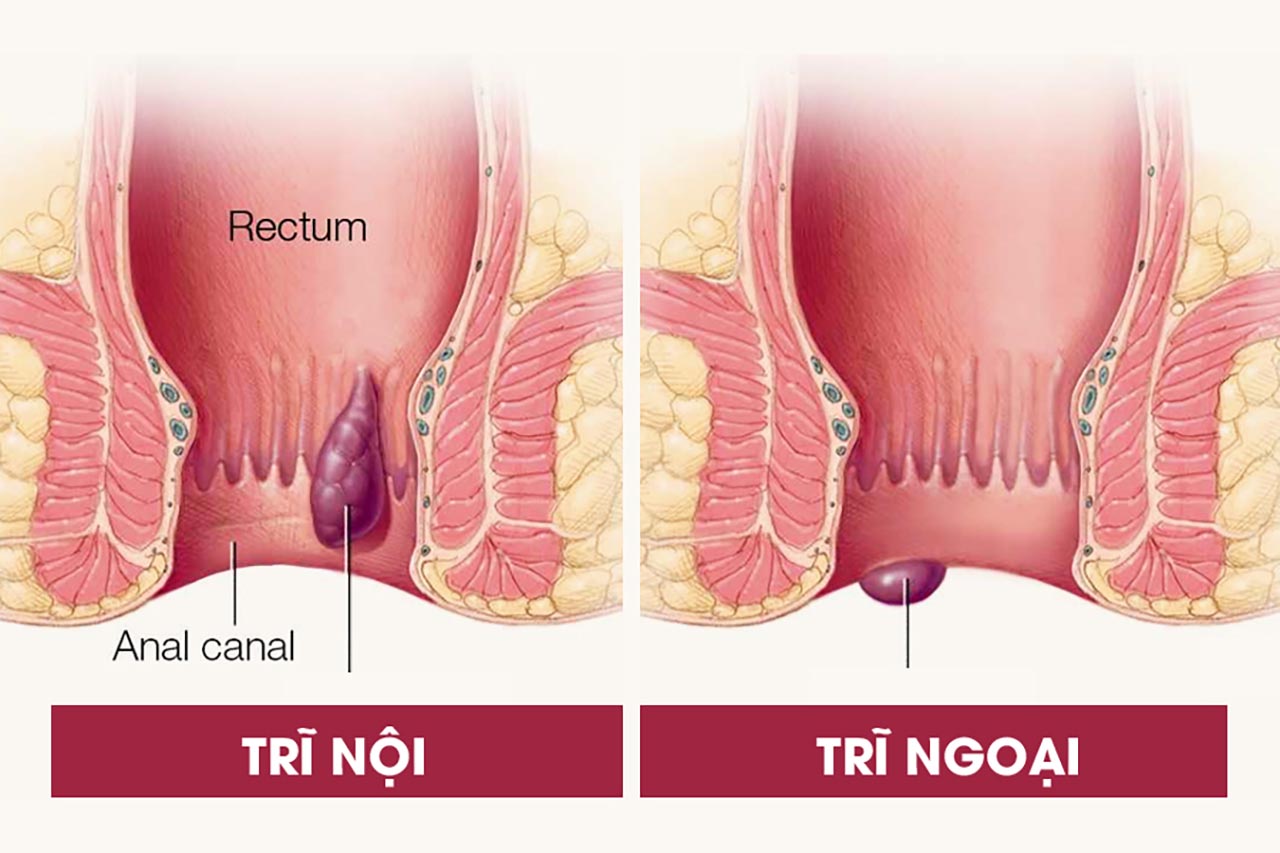RUSSIA USE NANOTECHNOLOGY TO TREAT NEURODEGENERATION
To date, these neurodegenerative diseases have been difficult to treat. From the outside, the brain is protected by the skull, and from the inside it is protected by a blood-brain “barrier”. As such, getting the drug to the place of need becomes so complex that it is largely impossible to overcome this barrier. Biochemistry experts of Lomonosov University used nanotechnology to deliver drugs to the affected brain area.

The drug is an antioxidant enzyme “catalase”, which is delivered directly into nerve tissue by macrophages. Catalase has an important advantage over other antioxidants because it is a catalytic enzyme. This enzyme molecule has the ability to selectively and efficiently process many of the active oxygen molecules in the inflamed area.
In the neurodegenerative condition, the brain appears inflammatory foci. Macrophages have the ability to penetrate through 650km of capillaries of the blood-brain barrier and deliver essential pharmaceuticals to diseased neurons.
Active oxygen species, which are formed in excess in cells during inflammation and tumor formation, simply “suck” into their own immune cells. Therefore, it is reasonable to hide antioxidants in macrophages.
A group of Russian biochemists have successfully tested the new treatment in animals and are now preparing to test the new technology on volunteers.
Source: Vietnam+
















